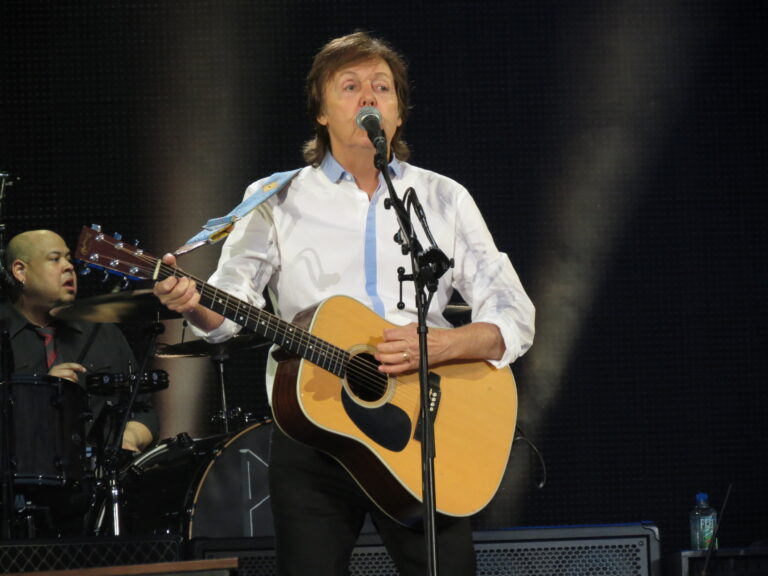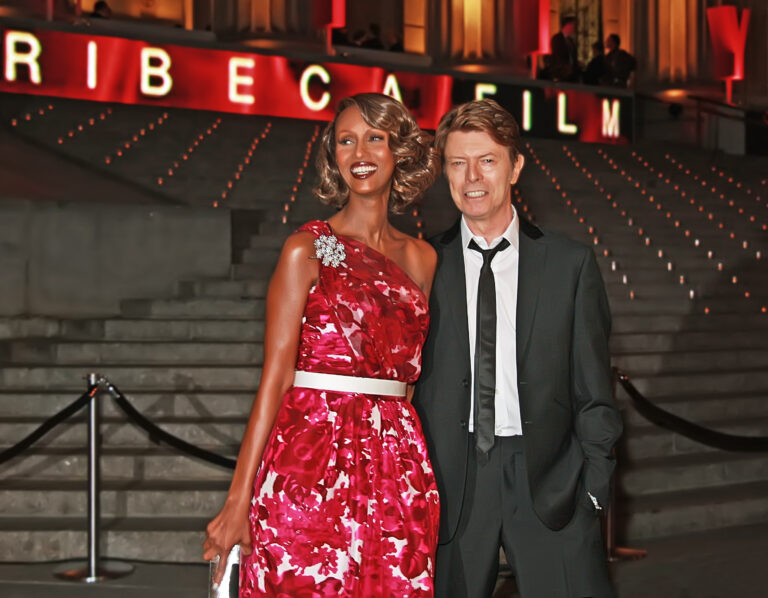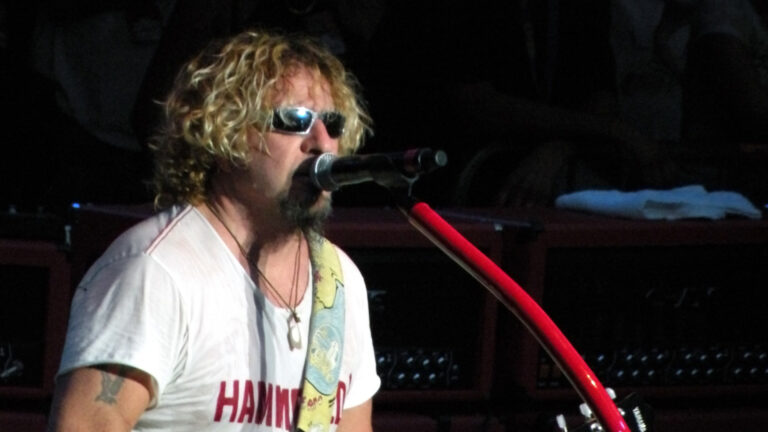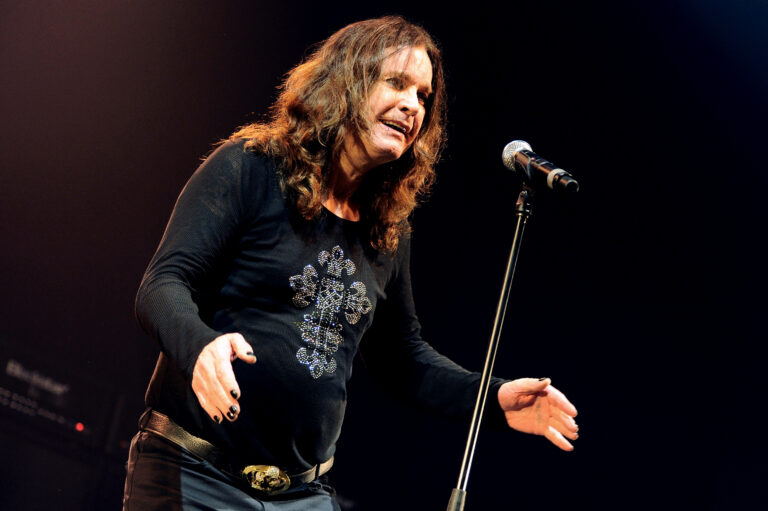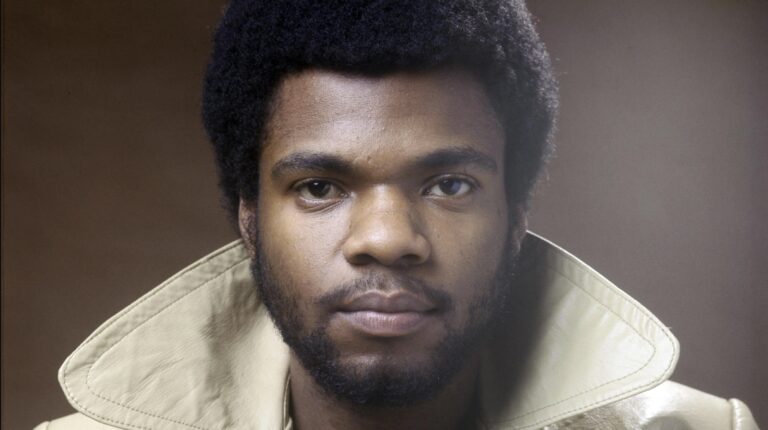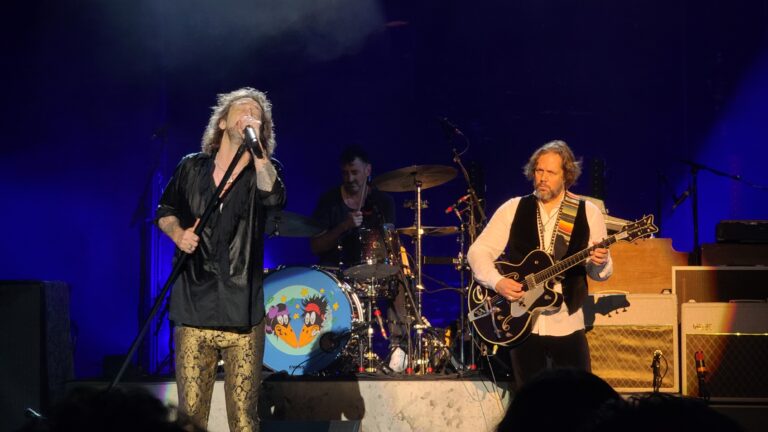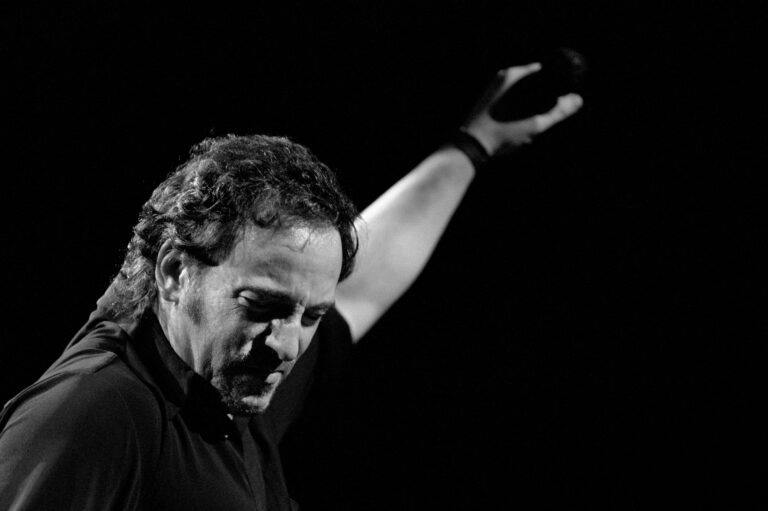
Morrissey Talks Smiths Reunion and Bandmate Johnny Marr

Morrissey, the iconic and often polarizing former frontman of The Smiths, continues to generate headlines with his candid interviews and outspoken views, particularly about his former bandmate Johnny Marr. Recently, Morrissey detailed his thoughts on a potential Smiths reunion, which he claims was ultimately sidelined due to Marr's refusal to collaborate, citing personal and professional differences. Morrissey contends that the idea of a reunion was not motivated by any personal affection for Marr, stating explicitly, “I have absolutely none.” Instead, Morrissey saw the tour as a means to express gratitude to the band’s fanbase.
Morrissey's relationship with Johnny Marr has been fraught with tension, an aspect that has been highlighted in their public exchanges. In various interviews, Morrissey has accused Marr of hypocrisy, claiming that despite Marr's public disdain, he continues to perform songs written by Morrissey. The tension is exacerbated by Marr’s ownership and custodianship of The Smiths' legacy, which Morrissey views as Marr positioning himself as the sole gatekeeper of their shared history. This ongoing conflict is embodied in Morrissey's phrase “b—-h slap comments,” referencing Marr's critiques over the years.
Away from potential band reunions, Morrissey has also focused on the broader societal issues that he believes impact his music career. He has fiercely criticized what he perceives as ‘cancel culture,' suggesting that it has played a role in limiting the release and promotion of his recent works, including the album *Bonfire of Teenagers*. Morrissey equates being cancelled to modern lynching, a remark that highlights his belief that such societal forces unjustly silence and penalize artists, impacting their livelihood and mental health profoundly.
Moreover, Morrissey sees the prevailing cultural climate, which he refers to as “Idiot Culture,” as suppressive of free artistic expression. Despite feeling marginalized by the industry's reluctance to back his work, he continues to advocate for his music and artistic voice. This is evident as he prepares for a series of concerts, maintaining his presence in the music world amid controversies and conflicts, such as those involving The Smiths' intellectual property rights and Marr's trademark actions.
Morrissey's narrative surrounding The Smiths' reunion and his personal and professional critiques of Johnny Marr underscores a complex relationship that has endured over three decades. Despite the friction, Morrissey remains committed to his music and the connection with his audience, in what he terms a lasting “thank you” to those who have supported his journey from a disbanded icon to a solitary yet storied career.
Key Takeaways
-
www.stereogum.com | Morrissey agreed to a Smiths reunion because he felt it was the last opportunity for it, not due to any emotional ties to Johnny Marr.
-
www.stereogum.com | Johnny Marr turned down a Smiths reunion, citing differences with Morrissey, affecting potential tour plans.
-
fionadodwell.medium.com | Morrissey criticized cancel culture, suggesting it has severely restricted free speech in the UK and has led to self-censorship among artists.
-
www.musicradar.com | Morrissey asserts that Johnny Marr sings his lyrics and uses his titles on stage, accusing him of hypocrisy.
-
consequence.net | Morrissey claims he received no emotional satisfaction from the idea of a Smiths reunion, his motivation was to give thanks to their audience.
-
consequence.net | Johnny Marr obtained the trademark rights to The Smiths' name independently after discovering it was unowned, merely to protect the band's legacy.






